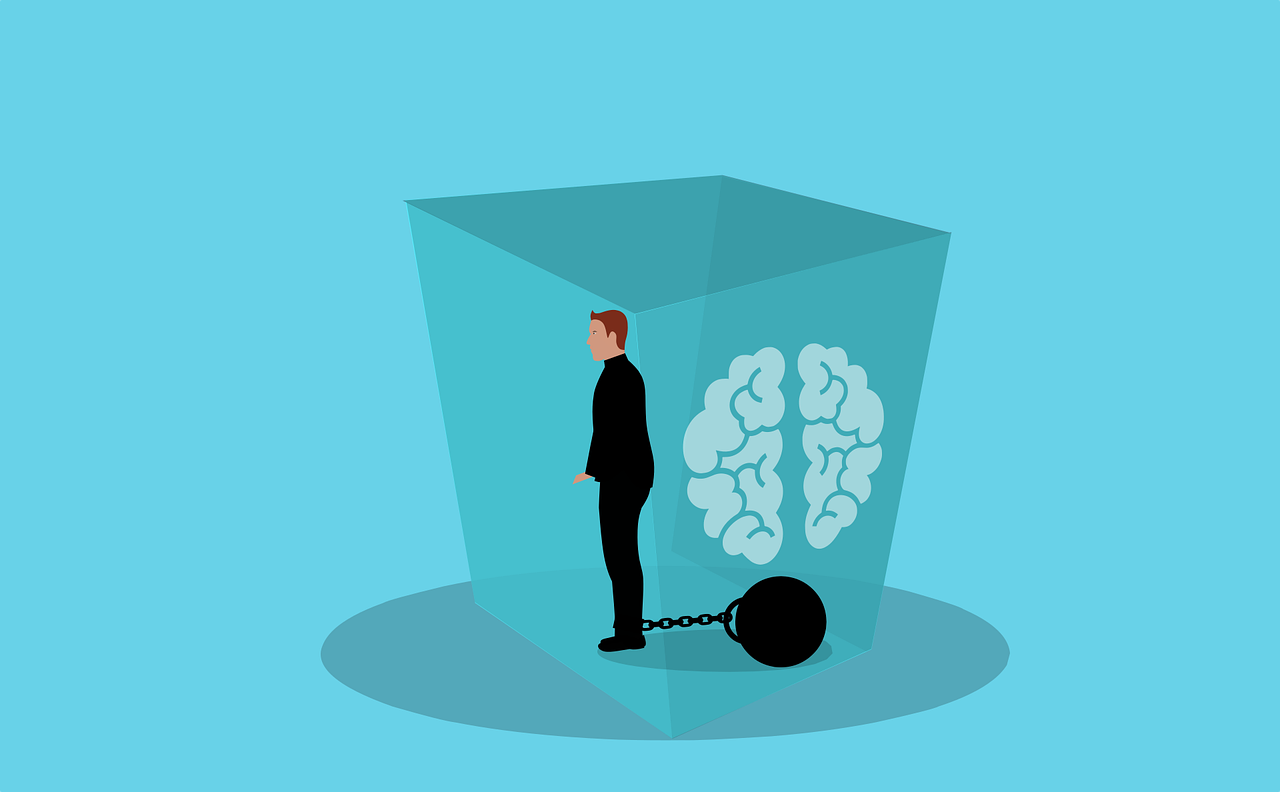Overthinking: from analysis to paralysis
I hardly get anxious, but I do get somewhat anxious whenever I have to deal with the Malaysian civil service. My local council, department of motor vehicles, national registration department are, for me, anxiety-causing venues. A visit to them can feel like receiving a box of chocolates – you never know what you get!
I am an optimist by nature. But when I have to deal with our civil service, I can become quite pessimistic and often expect things to go badly. Very out of character for me.
So, last week when things went more smoothly than anticipated at the national registration department, I was speechless. Previously, this document processing would require an in-person presence with a three-hour wait in situ. This year, they introduced an online option and we only had to be physically present to collect the processed document. The whole collection process took under 30 minutes. I was in shock.
But whilst I was there with my husband, to collect the document, I had time to observe their operations. Because we are still under covid restrictions, dealing with the civil service requires a prior appointment. Pre-pandemic, appointments were not necessary. I noticed that this division’s processes had changed too. One change was their ticketing, queueing, system.
The queuing system had gone manual. Without boring you with the details, the result of going manual was that the various officers behind the counters had no idea who they were to serve next. They had to be vigilant or use a trial-and-error method.
Bizarre, I thought. My years of being a process consultant kicked in and I began to wonder how the officer, who was to serve us, knew we were waiting. In my quick analysis, I could see a way to uncomplicate their process. I was about to go to the front desk and clarify the process (yes, I can be quite impulsive like that) when my husband told me to stop overthinking it. ‘Let it be’ he said. ‘It works’.
And this is my point for writing today’s article.
I thought the process could be even better, more efficient. I dislike complicated when there can be easier options. I was analysing or over-analysing the department’s queueing process (without the full picture). That was partly because I had time (I was waiting) to notice the overall process at play.
Image by Mohamed Hassan of Pixabay
That got me thinking – do we overthink or overanalyse only when we have too much time? When something needs our immediate attention or a quick response, we don’t have time to overthink. So, is idleness (time on our hands) or the predisposition to wander (mentally) either positively or negatively be the cause for our overthinking/over-analysing? Or in my case, my assumptions laden thinking, to identify gaps, made me miss the bigger picture? A form of paralysis.
Interestingly, overthinking was the theme last week in a few of my conversations. Particularly overthinking as a barrier to progress. Overthinking that led to unnecessary complexity, procrastination, and (analysis) paralysis. We know our overthinking can impede productivity because our energy can get focused on the wrong things. It also impacts us physiologically and cognitively too.
So, what is the way forward?
Action, of some form, is the next best step. Action to break the overthinking. Pausing to distance ourselves from the object of our thinking or in my case a third-party interjection. To snap the loop and gain a higher perspective. This is a big topic and I need more time for further research and reflection. If you have any thoughts on this, drop me an email.
As always, you can reach me at yoga@yoganesadurai.com
